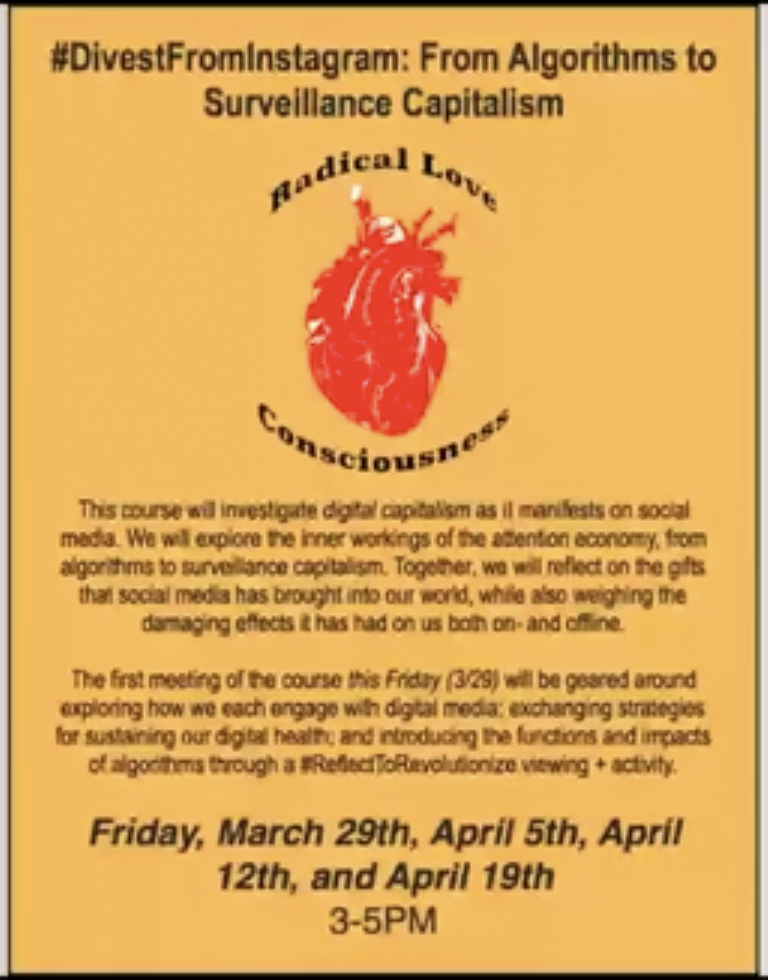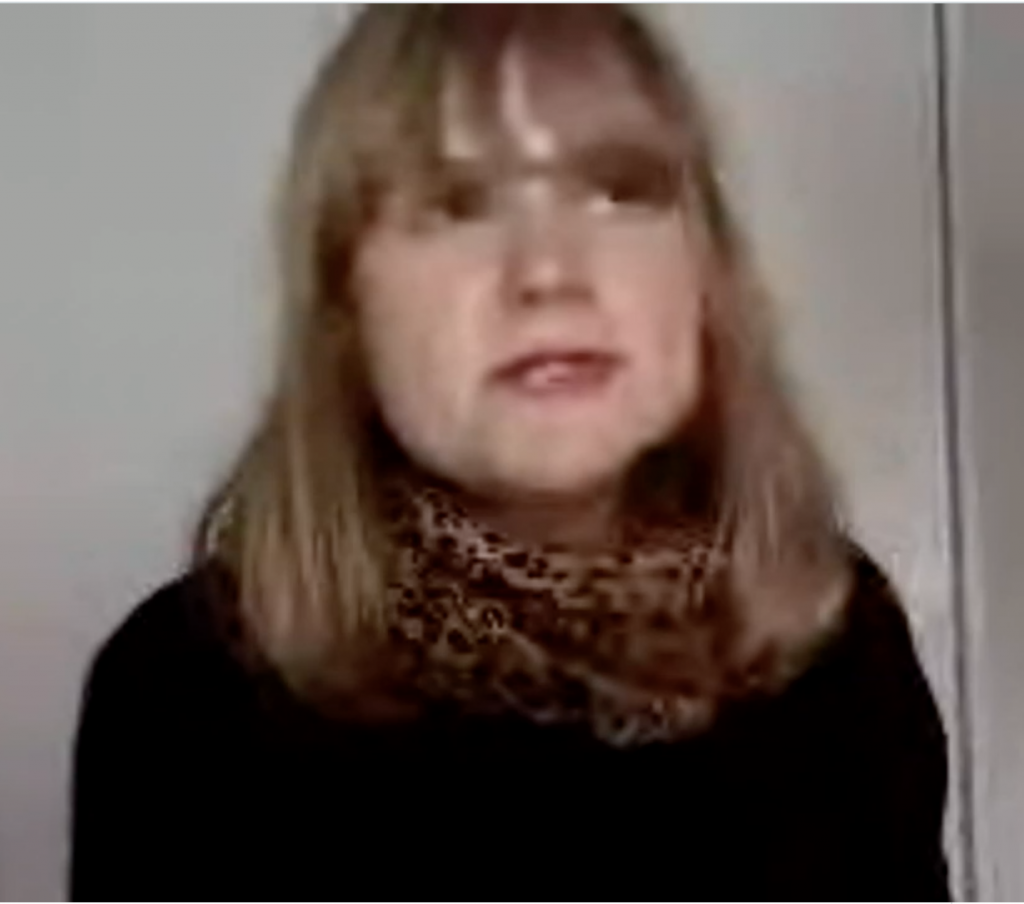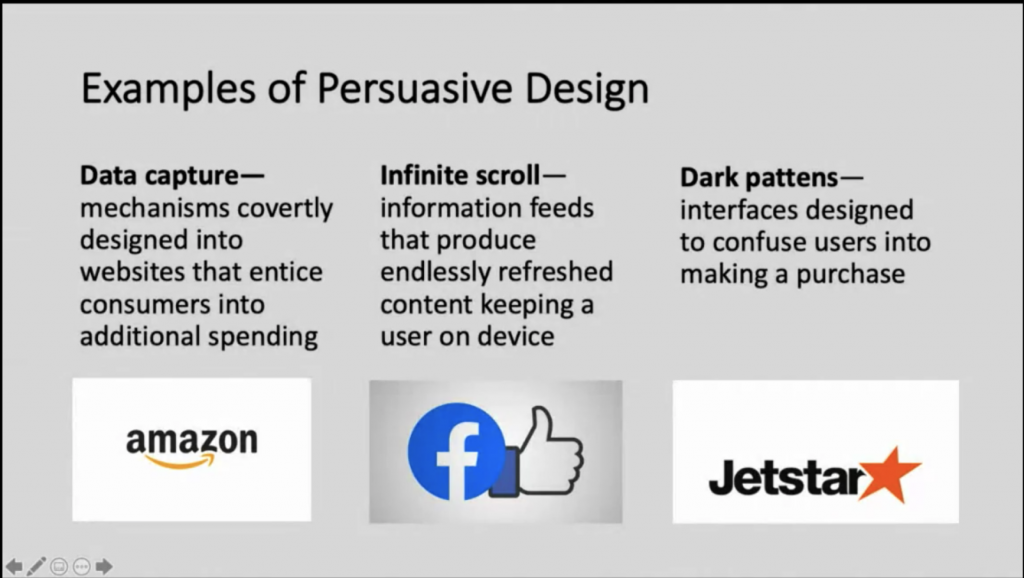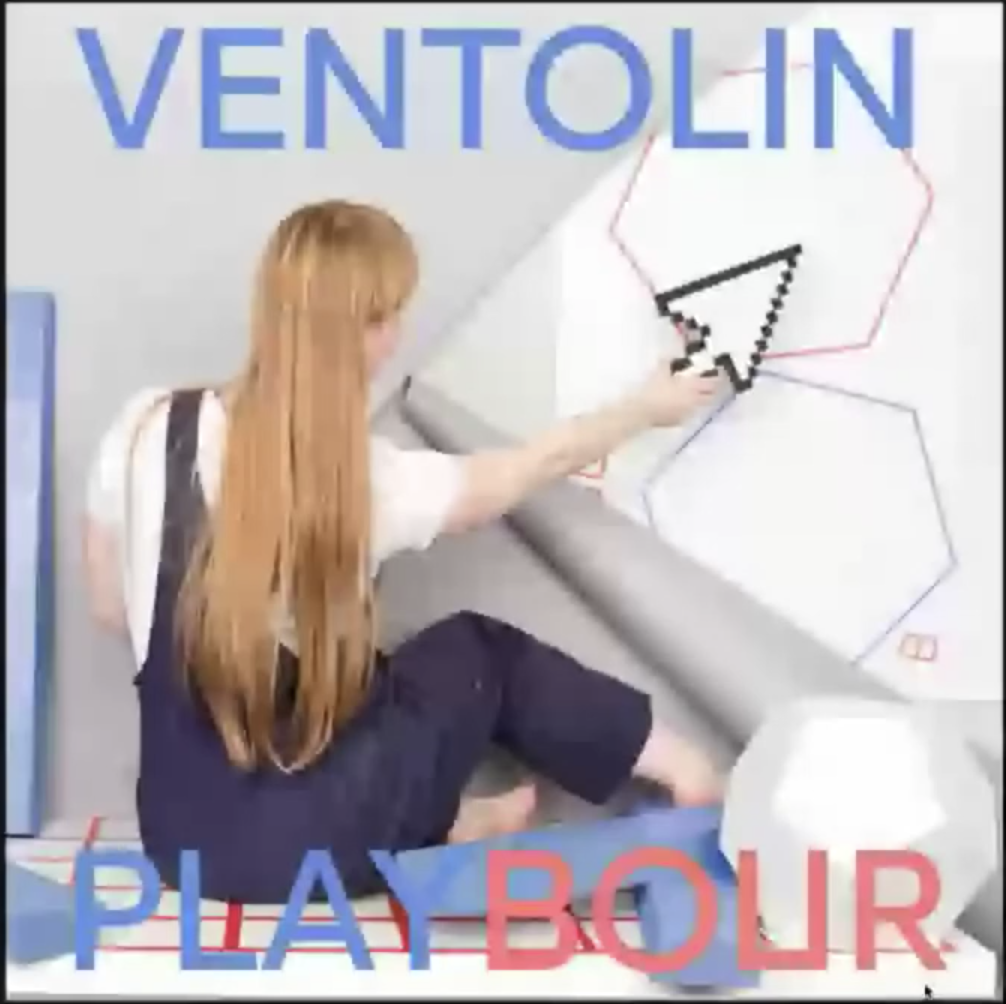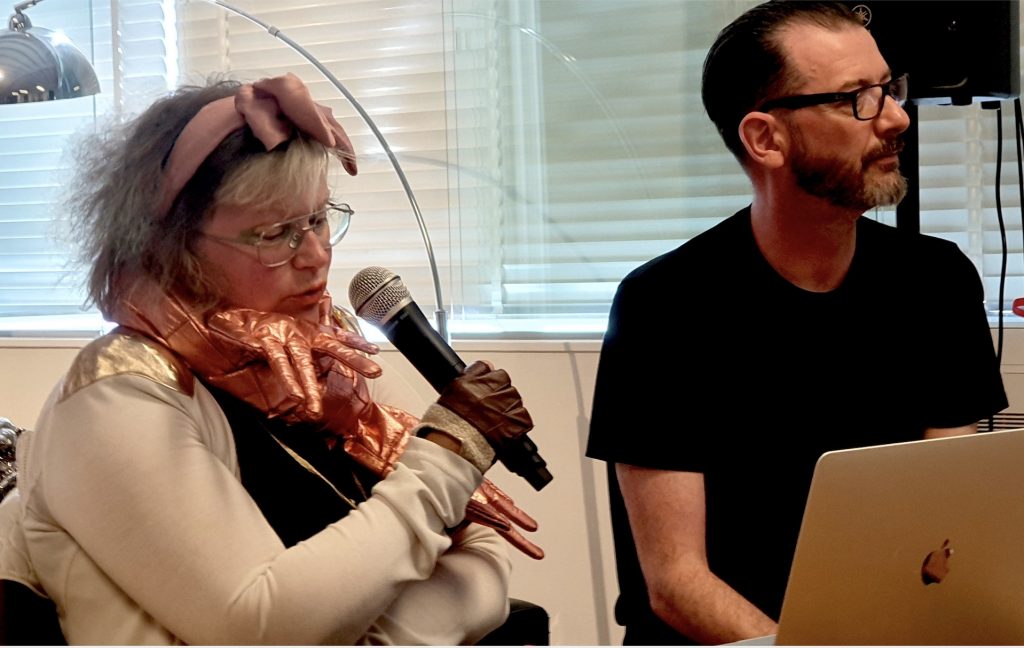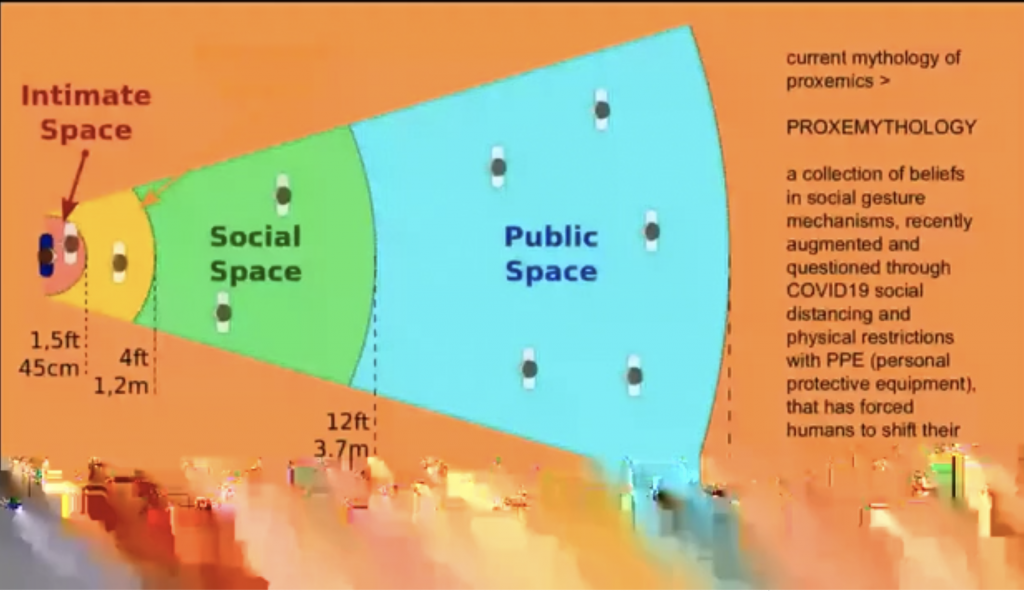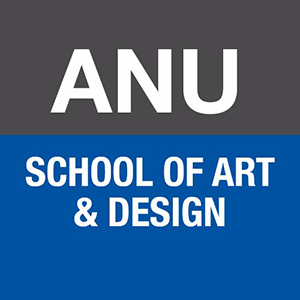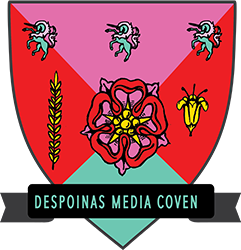_Underscored Economics_: Trading Re-Authored Currencies
The semiotics of the underscore allow it to break, connect and/or emphasise defined terms. A remnant of mechanical word processing, it invokes a process of overwriting. How might the varied forms of our financial and economic rhetoric be likewise broken, reconfigured and over-written through symbolic interventions? What new meaning is generated through the artful underscoring of economic systems through creative and critical interventions?
Moderated by Marnie Badham, this session brings together Stephen Healy, Kate Rich, Julia Drouhin, and Vanessa Bartlett to discuss how artists, writers, translators and designers are re-authoring economic imaginaries.
The session will be livestreamed at 3:30pm AEST, Thursday 5th November at https://economythologies.network/. Following the event, the video recording of this session will be available for viewing on this page.

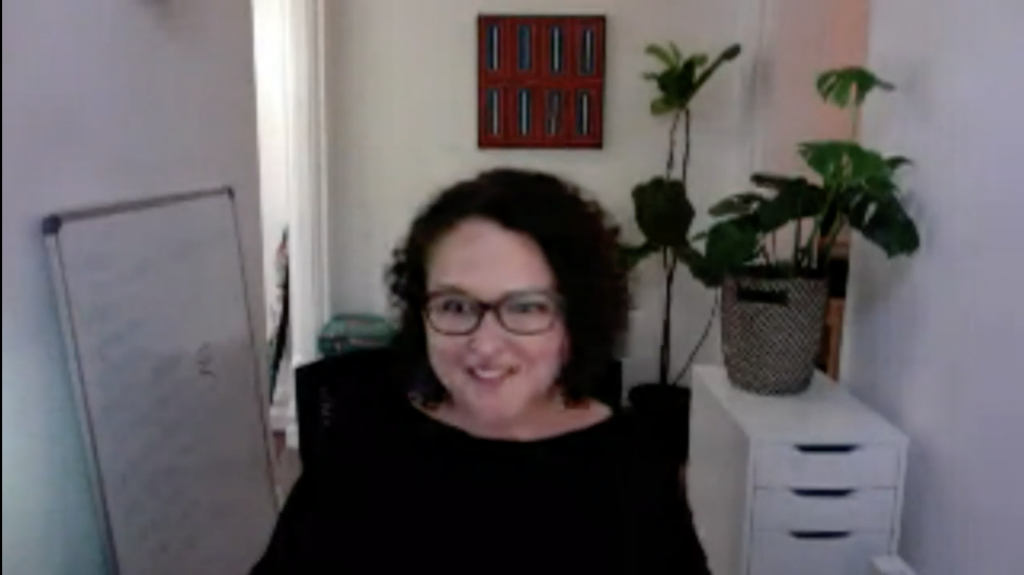
Marnie Badham
With a twenty-five-year history of art and social justice practice Australia and Canada, Marnie’s research sits at the intersection of socially engaged arts practice, community-based research methodologies and the politics of cultural measurement. Through aesthetic forms of encounter and exchange, her work brings together disparate groups of people in dialogue to examine and affect local social issues.
Marnie is a Senior Research Fellow at the School of Art following the award of Vice Chancellor’s Postdoctoral Research Fellow (2017-2019) at RMIT University in Melbourne. Here, Marnie teaches both practice and theory in socially-engaged art, art in public space, art history and theory, and arts management and leads arts industry research partnerships with NAVA National Association of Visual Arts (standards of practice) and CDN Cultural Development Network (cultural value).
Redrawing Economy: Translation, dis-identification and post-capitalist possibility
The Re-Drawing Economy project (2017-2018) brought together the original authors of Take Back the Economy with artists, translators and activist communities initially in three different locations South Korea, Finland, and Colombia and later as group in London the following year. The goal was to create new visualizations to accompany the book translations. Visualisations played a powerful role in communicating the central premise Taking Back the Economy, that postcapitalist politics emerges from identifying and building upon our shared more-than-capitalist present, creating the conditions for what Massimo De’Angelis and David Harvie a “different historical trajectory.” The visibility of this other trajectory depends equally on cultivating a capacity to imagine an elsewhere and dis-identifying with a dominant future appears to have already arrived. In each of these locations things were coming to an end in ways that enabled disidentification: in South Korea the end of the lingering effects of a repressive dictatorship, in Finland the end a certain kind of economic growth, and in Colombia the end of 75 years of low intensity conflict.
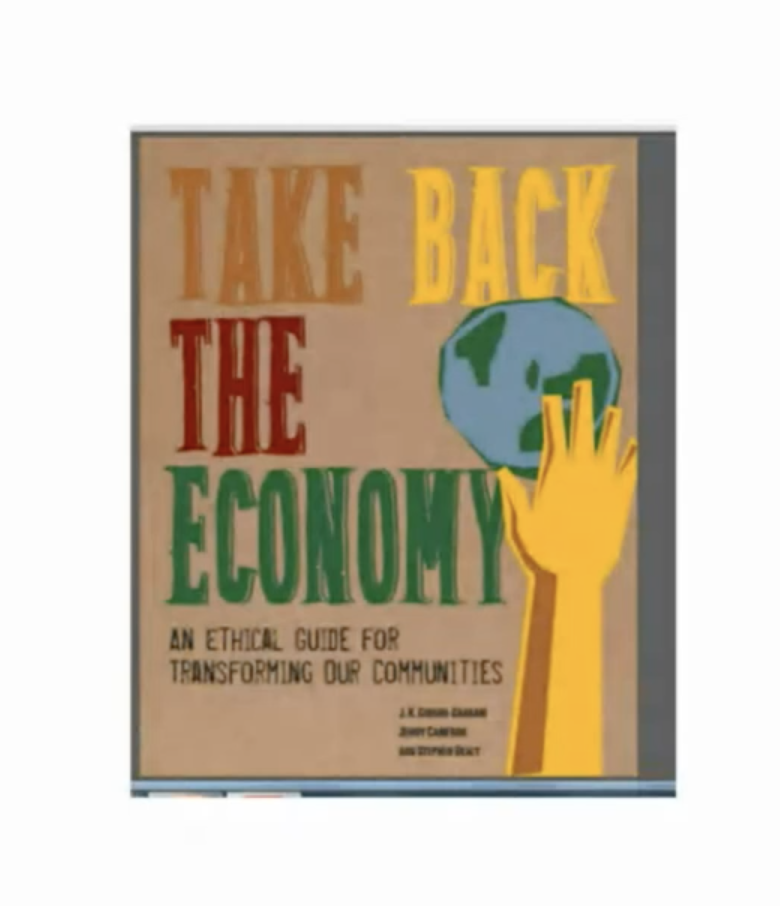
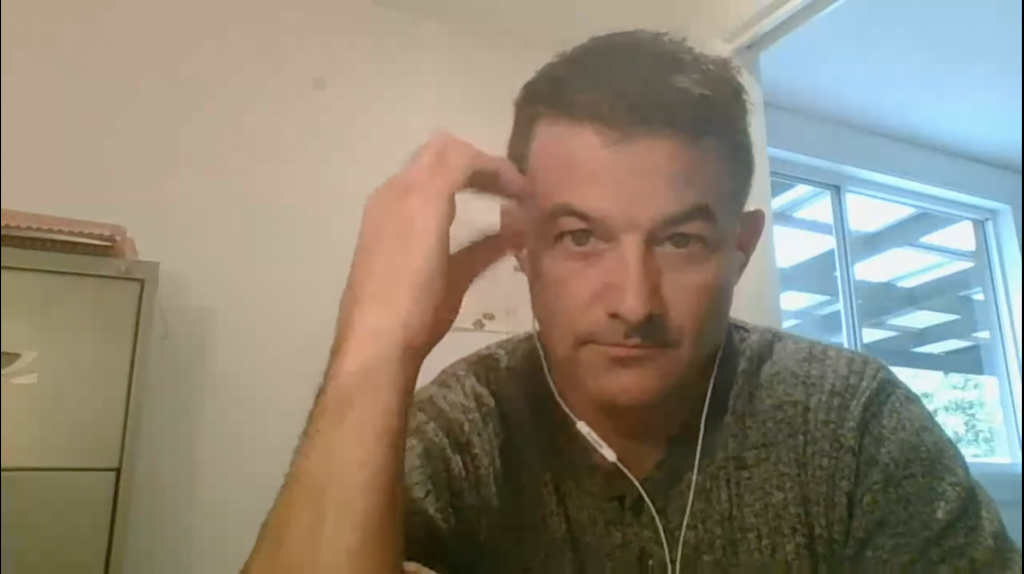
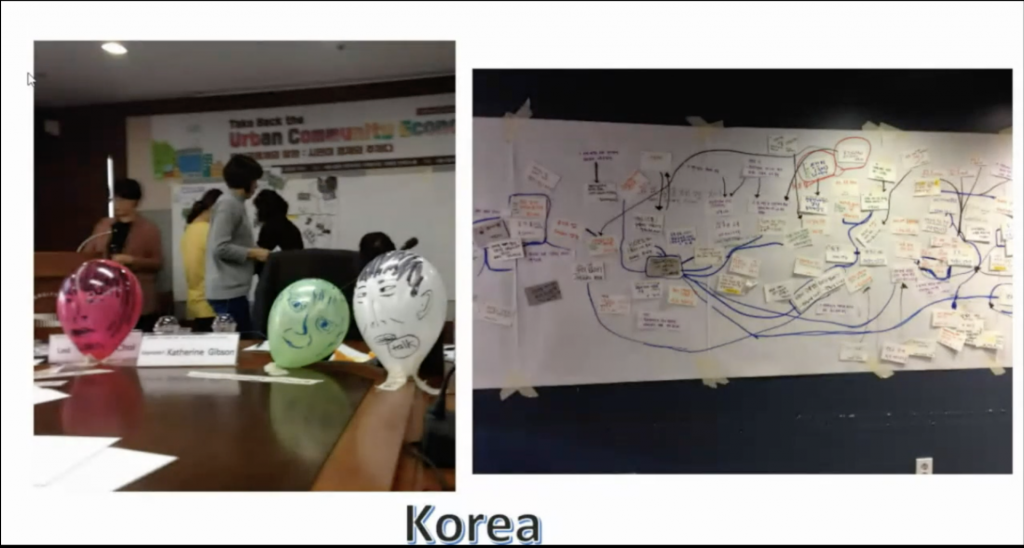
What can artists do for business? Sending into artists into business to revamp the foyer decorations is nothing new. Instead, Kate will talk through a line of thinking that considers business and economy as things we could experiment with, in the same way that artists normally experiment with materials. She will draw
on an unruly ensemble of works from monetary experiments to radical administration (RADMIN) that traverse the boundary lines between finance, art and business.
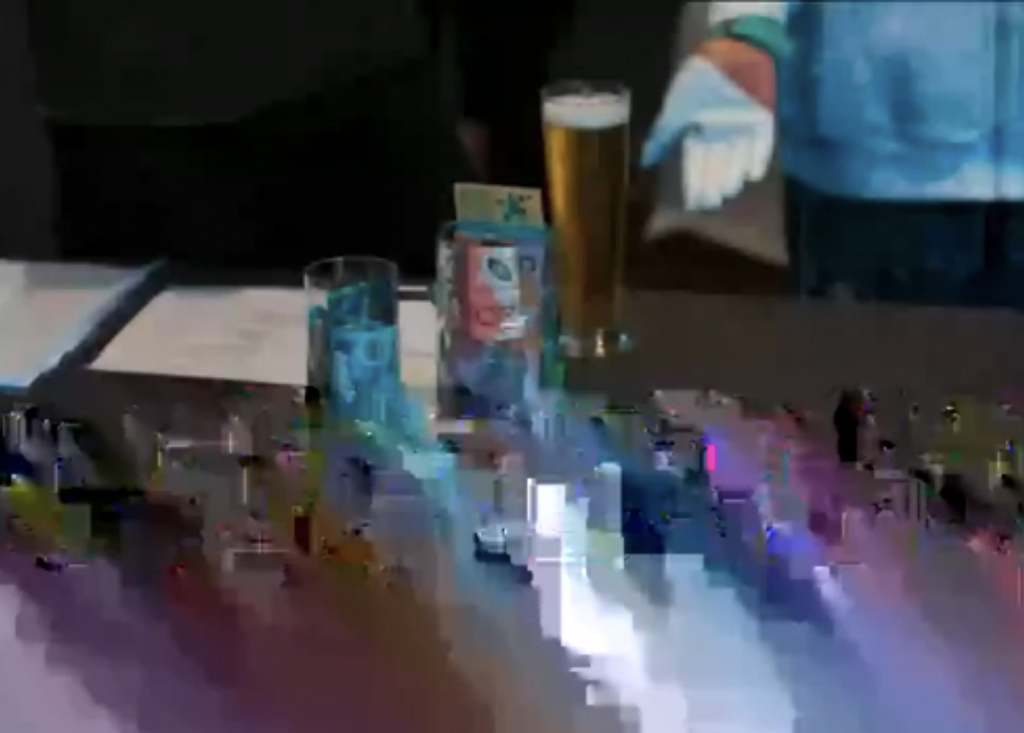
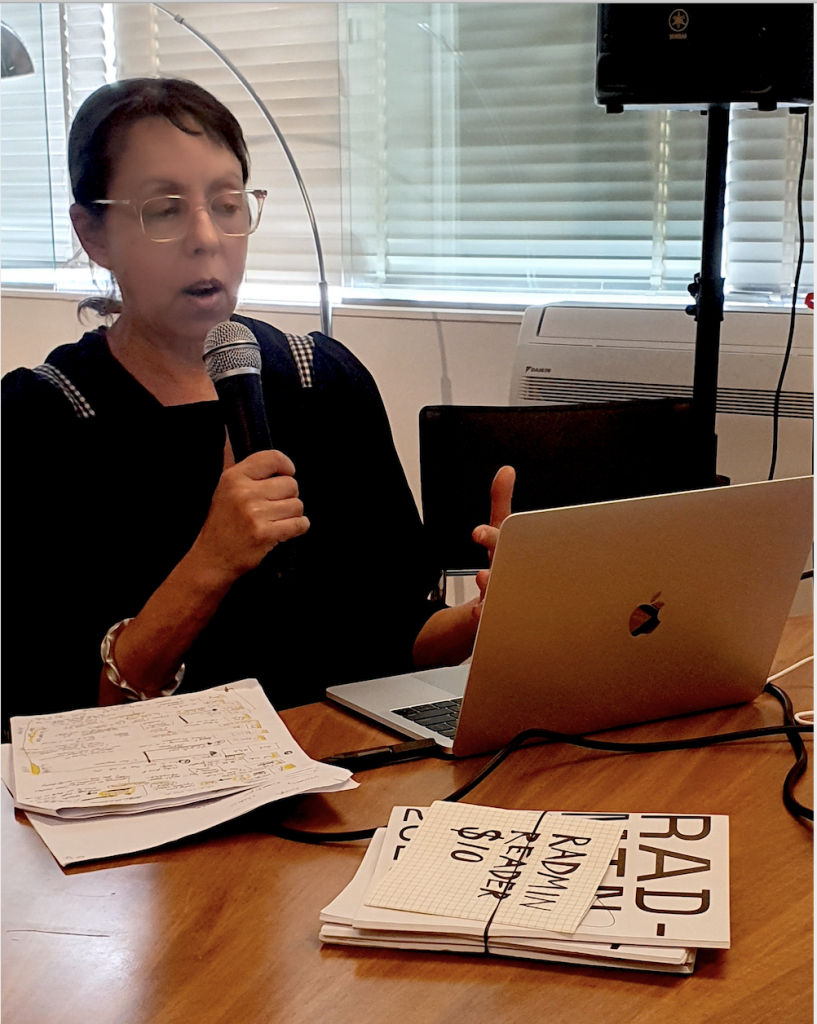
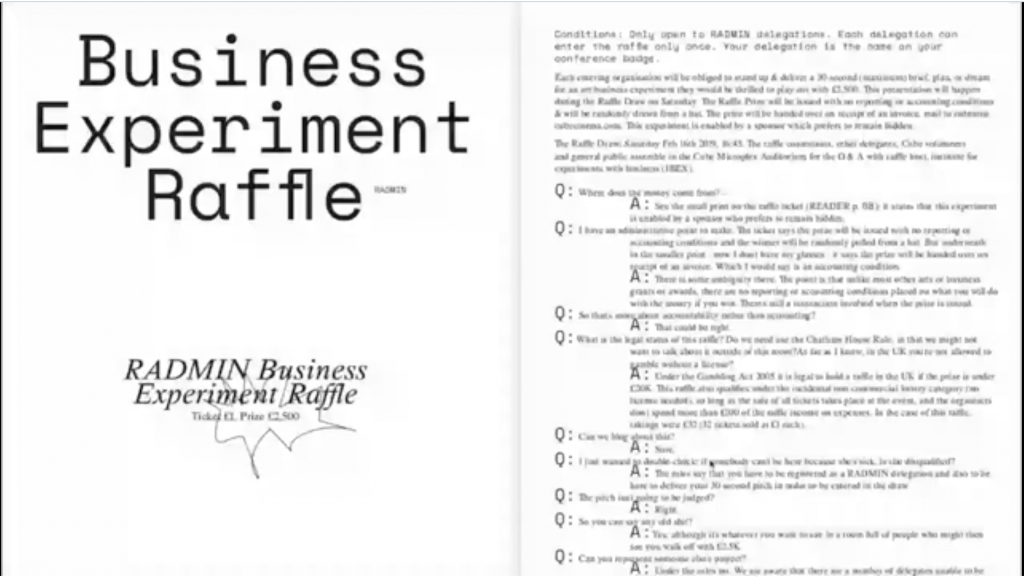
Artists and ‘The Social Dilemma’: re-authoring cultural imaginaries of persuasive design.
Online platforms like Facebook increasingly use techniques of ‘persuasive design’—design mechanisms concealed in commercial interfaces to encourage consumption or increase time on device. These interventions attempt to modify a consumer’s affective state without attracting their conscious attention. As artists like James Bridle have observed, this kind of obfuscation in technological environments means that users come to ‘know’ technologies not through understanding their functionality but through the fantasies and emotions they facilitate.
Resisting the lure of persuasion has become a widespread preoccupation—as seen in the recent Netflix documentary ‘The Social Dilemma’. While the solutions promoted here such as ‘ethical persuasion’ direct attention toward ‘healthier’ outcomes, they fail to retrain users as agential beings capable of critiquing the myths and manipulations of digital capitalism.
In her presentation, Vanessa will argue that artists have long been engaged in addressing ‘the social dilemma’ proposed by persuasive design, using examples from the past decade of arts practice. She will suggest that these artworks contest flows of affect that direct users toward commercial outcomes, instead offering aesthetic experiences that support affective complexity, imagination and play. She argues that artists are necessary for authoring new cultural imaginaries of persuasive design that move beyond the mythologies authored by the tech entrepreneurs who currently dominate this debate.
